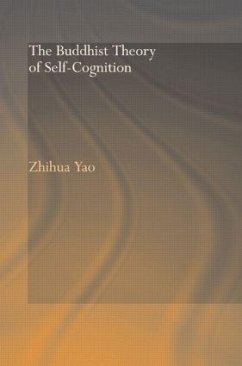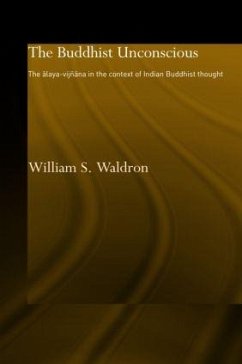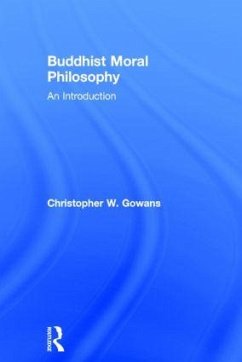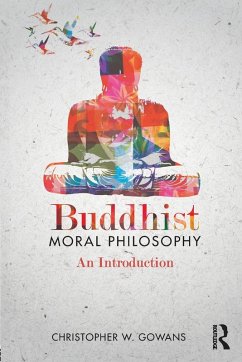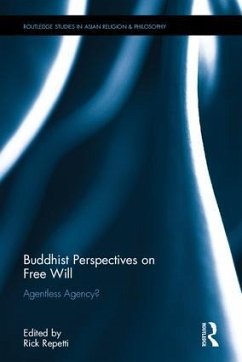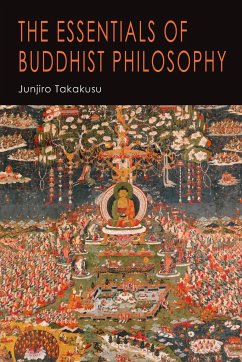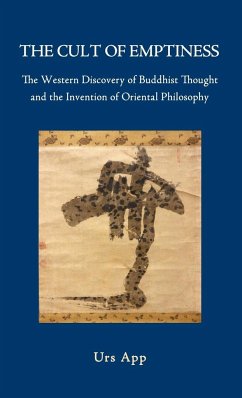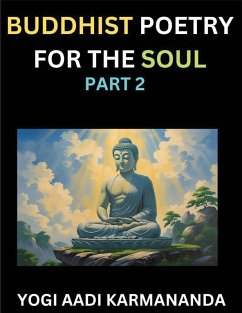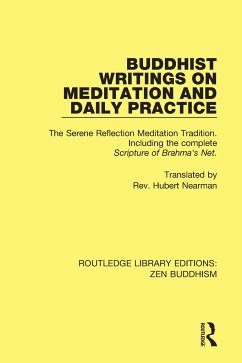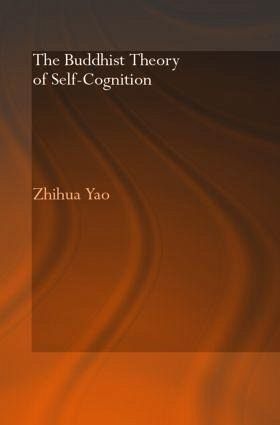
The Buddhist Theory of Self-Cognition
Versandkostenfrei!
Versandfertig in 1-2 Wochen
221,99 €
inkl. MwSt.
Weitere Ausgaben:

PAYBACK Punkte
111 °P sammeln!
This highly original work explores the concept of self-awareness or self-consciousness in Buddhist thought. Its central thesis is that the Buddhist theory of self-cognition originated in a soteriological discussion of omniscience among the Mahasamghikas, and then evolved into a topic of epistemological inquiry among the Yogacarins. To illustrate this central theme, this book explores a large body of primary sources in Chinese, Pali, Sanskrit and Tibetan, most of which are presented to an English readership for the first time. It makes available important resources for the study of the Buddhist...
This highly original work explores the concept of self-awareness or self-consciousness in Buddhist thought. Its central thesis is that the Buddhist theory of self-cognition originated in a soteriological discussion of omniscience among the Mahasamghikas, and then evolved into a topic of epistemological inquiry among the Yogacarins. To illustrate this central theme, this book explores a large body of primary sources in Chinese, Pali, Sanskrit and Tibetan, most of which are presented to an English readership for the first time. It makes available important resources for the study of the Buddhist philosophy of mind.




